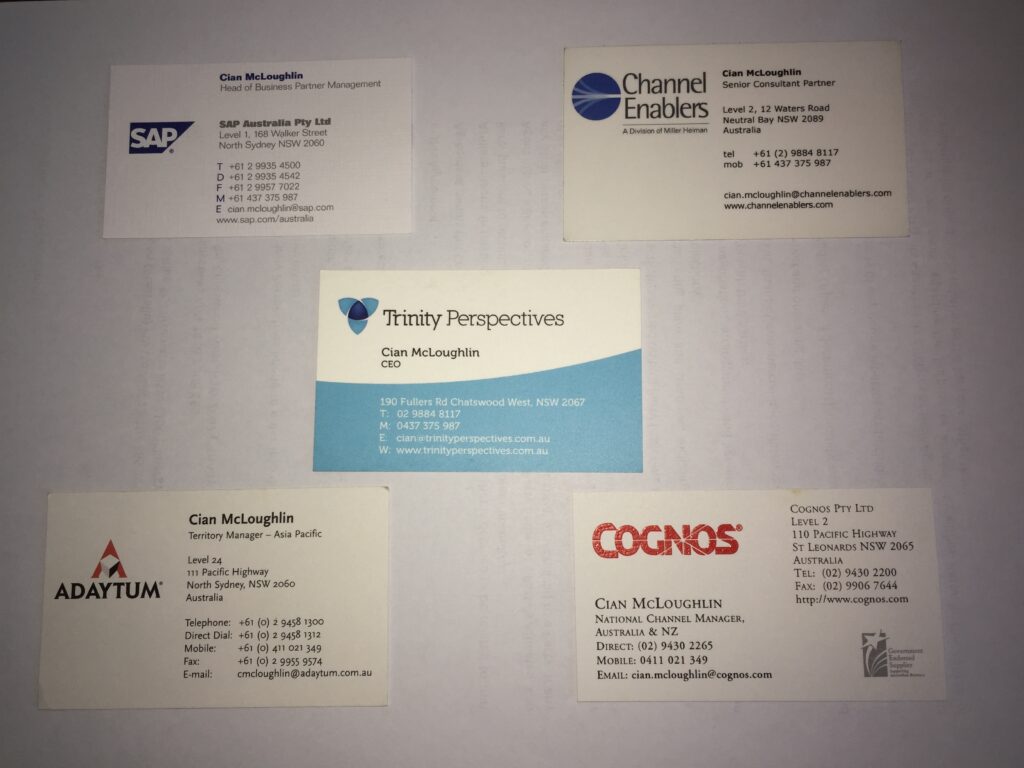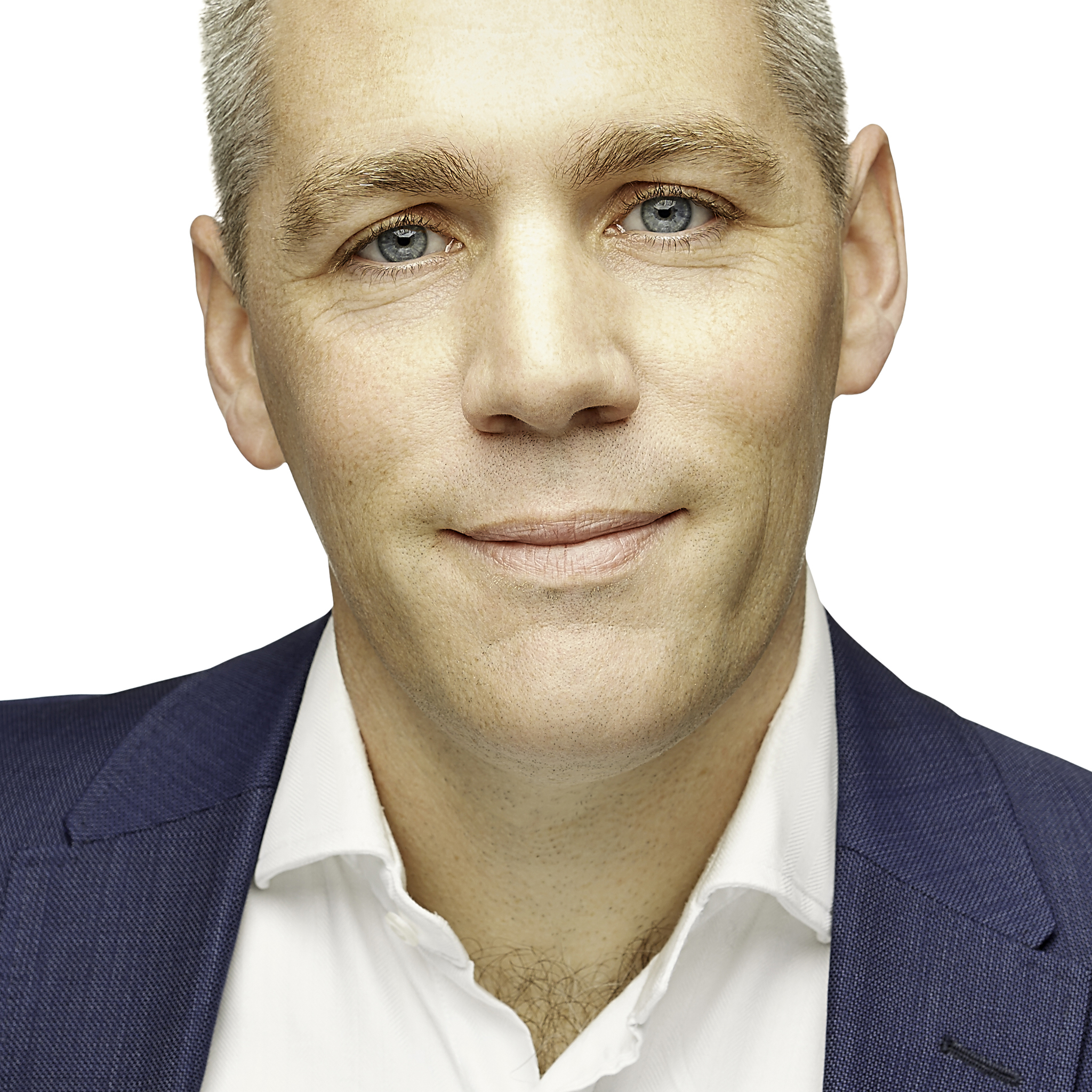So you want to be a great salesperson, a truly great salesperson? Do you really want it? Good, you’re halfway there. The other half is learning the rules of the game, how to plan, how to prepare, how to ask intelligent questions and really listen to the answers. How to hear and capture what people are saying, but also recognise what they are not saying, how to read between the lines, interpret, recognise the nuances, the eyebrow raises, the exchange of glances between colleagues when you hit on a hot button topic. The other half as you’ve probably guessed by now, is experience.
If you’re going to be a superhero salesperson, you need to be able to make sense of what people are saying, even when it doesn’t strictly add up. I can’t teach you ‘experience’ in this article, nor can I give you the drive, ambition or stubbornness you’ll need to acquire it on your own, but I can share a little of what I’ve learned about how to become a really great salesperson, which may just help you along your path to greatness.
You must do the research
The first step to being a great salesperson happens long before you step into the room with a customer. Increasingly we live in an online world – the internet is rapidly replacing the traditional role of salespeople to educate and inform customers. Customers are conducting in-depth research and peer reviewing not just your company (but you) on the internet, before their first contact. So that’s exactly where you need to start also.
The fascinating thing about your social profile or online personal brand is that, to a large extent, you have the ability to craft and curate it exactly the way you want. You get to choose the photo that graces your LinkedIn page, how you introduce yourself to the professional world, the recommendations you show from happy colleagues, former bosses, or – better yet – prior customers.
You need to be the master of what your customer sees when they are trying to find you. If you sell lawnmowers, you must know exactly which site your customer visits when they search for ‘lawnmowers’ on Google, the problems they are trying to solve and the latest industry trends. You must know what they’ve read, and ensure that they see you as a credible, knowledge expert on the topic of lawnmowers.
When a customer has a problem that you can solve, they have options. They can do nothing, they can work with a competitor or find some totally different solution to their problem. Without knowing your customer’s options and where you fit into them, you’ll be flying blind.
Given we occupy an increasingly online world, it makes sense to harness the power of technology to help you in your research. There are some amazing tools and software packages you can use to tap into the mind of your customer, for example Spyfu, which helps you see your market from the eyes of a customer.
You must be a great listener
The time when all salespeople did was regurgitate their canned ‘pitches’ is long since past, a relic of a bygone era where professional salespeople were often little more than walking, talking product brochures. Assume that the customers you will come into contact with already know what your product does, what’s good and bad about it and where it fits in the industry pecking order. They will know this because they’ve gone online and read reviews, spoken to their industry peers, and validated this knowledge in the market.
As Dan Pink explains in his fascinating book To Sell Is Human there’s no longer any room for deception in the sales world, because the knowledge imbalance that used to exist has disappeared, leveling the playing field completely. This is a great thing for the sales profession as a whole, as it is pushing the high-pressure and unscrupulous salespeople to the brink of extinction.
It may sound strange advice to provide but hear me out. When you walk into a room with a customer, it needs to be all about their problem and how you may be able to help. Leave your ‘pitch’ at the door.
You must call yourself a salesperson
I did an interesting exercise recently, I dug out my old business cards from down through the years. It’s always interesting to take a trip down memory lane this way, recalling the different companies, cultures and most importantly colleagues you’ve worked with over the years. When I looked at these cards though, one thing struck me immediately. Can you guess what it was?
If you look closely, you’ll notice that not a single card contains any reference to the word sales, although in each of these roles I was carrying a sales quota and engaging with customers (and sometimes partners) to close deals. At the time I think this suited me, because it took me a long time to reconcile my image of the sales industry with my self-image. What I ultimately realised was that in many respects we are all in sales in some way, shape or form. As Pink explains in his book, teachers are selling information, in exchange for attention. Project managers are selling outcomes, in exchange for access to company resources. The list goes on and on.
You can’t be a great salesperson if, as many people do, you have an aversion to the very idea of sales. Sales is what makes business run – unless you’re misleading people or behaving in an unethical manner, then sales can and should be a noble profession. You’re connecting people with the products and services they need. You’re helping the wheels of industry turn, you’re providing for your family and the families of all your colleagues in the business. Embrace your profession, be confident and do your job with all the energy, enthusiasm and professionalism that you can.
A key corollary to this point is . . .
You must believe in your product
The best salespeople don’t just believe in themselves, they absolutely believe in the products or services they sell. Why? Because the best salespeople are ethical, honest and decent people, who want to add value to their customers with every interaction and they couldn’t look themselves in the mirror each morning, if they didn’t have a burning belief they were really adding value to the customers they serve.
Lee Bartlett explains this concept well in his book The No.1 Bestseller. The product or service you’re selling has got to be a good fit for you, something you have researched in advance and recognise the value of. You’ve got to be able to see things from someone else’s point of view, fully understand their situation, and honestly say to them, “I may just have the solution to your problem”.
If you can’t, then it doesn’t mean you cannot achieve great things in your career, it may just mean that sales isn’t the right path for you.
You must embrace (and learn) from failure
They say that ‘Failure is the best teacher’.
On the road to sales greatness, it is a simple truth that your pride and ego will take more than their fair share of bumps and bruises along the way. I’m not going to sugar coat it, this can be draining and at times demoralising. It takes character, grit and determination to endure and enjoy the ride. So set aside your ego, become humble and make the success of your customer the most important thing in your life.
The funny thing about failure though is that you rarely make the same mistake twice. Stuff up badly in a customer meeting or fall flat during a presentation and rest assured you’re going to learn an important lesson, one which will stay with you for the remainder of your career. The sales superheroes that I have known in my career learn from their own mistakes and from those around them. They are constantly looking for ways to improve, to get incrementally better and close the gap. The ability to keep learning, keep testing and improving is an innate quality in great sales professionals and one which ensures they keep turning up ready for action every day, every week, every month, every quarter and every year.
Once you are a great salesperson …
You are now a very rare and highly valuable commodity, exceedingly important to the success of any business. But be careful! The way the sales industry works is subject to change. Today’s saleshero could easily become tomorrow’s sales zero. Stay humble, keep learning and you have a fighting chance of retaining your hero status for a little while longer!




Recent Comments